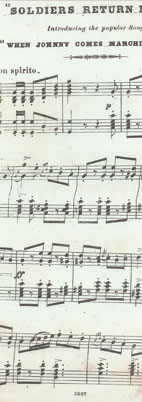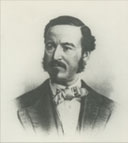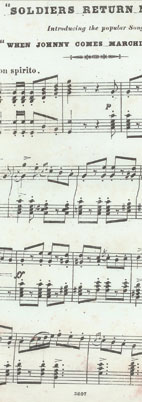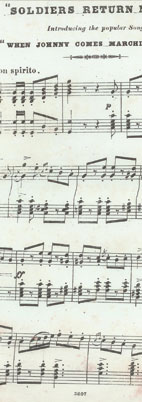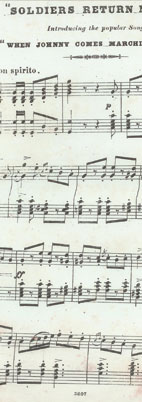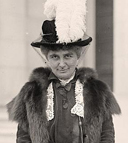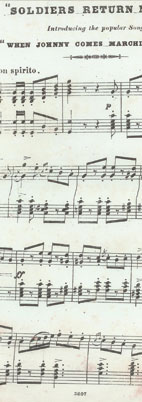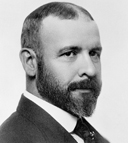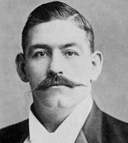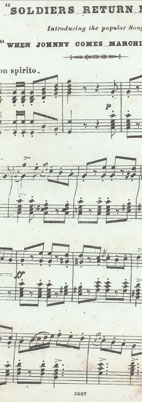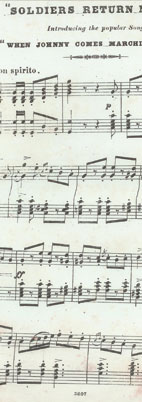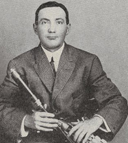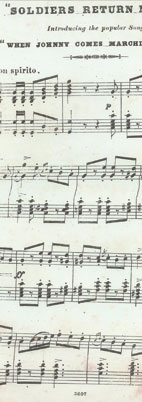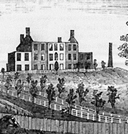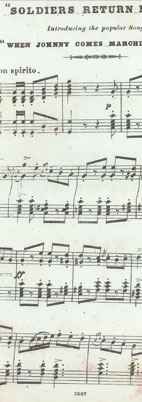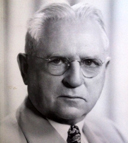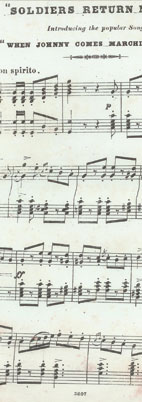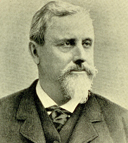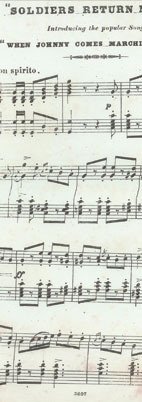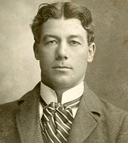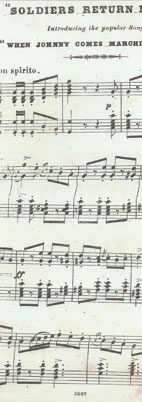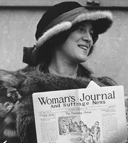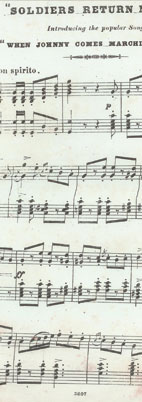
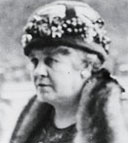

Sara Agnes McLaughlin Conboy
Sara Agnes Mclaughlin (1868-1928) was born in Boston, Massachusetts, on April 3, 1868 to Irish immigrant parents, and grew up in South Boston. She would become a pioneering union labor who successfully advocated for women factory workers and for men and child workers as well.
Her father, a laborer, died when she was 11, leaving his wife and five children, so Sara left school in the fourth grade and began working, first in a candy factory and then in a button factory.
In February, 1887, at age 18, Sara married Joseph P. Conboy, a mail carrier who died two years after the wedding, leaving her as a single mother with a baby.
She became a skilled carpet weaver, and while working at a Roxbury carpet factory she led a strike for higher wages with 119 women in 1909. The strike ended in May 1910, and it was stated that the union made very few concessions. At the labor day parade, the Roxbury carpet factory workers, glad in white and composed of about 100 women in three floats, marched together in the procession to great applause, with signs that read, 'you can walk on our carpets but not on us.' Conboy also marched with the girls of the cigar strippers and the laundry workers unions in the parade.
In addition to heading up the women's Union, Conboy was unanimously renominated in November as the business agent of the Roxbury textile workers union 737, the men's union at the carpet mill. "It is stated that Mrs. Conboy is the only woman agent of a man's union in the Boston area," wrote one paper.
She was also involved in the famous Bread & Roses strike in Lawrence, MA in 1912 and ran the relief efforts underway for the families of the strikers. Mabel Gillespie of the Women's Trade Union League, later said of Conboy's role, "She worked incessantly day and night, administering relief in that crowded station, and found time also to go out and appeal for funds to keep the station going. She is a warm-hearted motherly type, the kind of person who commands confidence and lends reassurance to people in trouble. I remember that she took full charge of the records in Lawrence. By nature she is systematic and business-like."
From that success, Conboy helped organize the United Textile Workers of America and became secretary-treasurer in 1915. Sarah was appointed to the Council of National Defenses during World War I and was the only woman in attendance at President Wilson's conference on labor in 1918. Known affectionately as "Aunt Sara" to thousands of men and women whom she represented, Sara was among the first woman to achieve a position of influence in organized labor.
In 1923, she was named president of the newly formed Federation Bank of New York, an organized workers' bank. In an interview with the New York Telegram, Conboy said, "We are going to help the boys and girls and men and women who work for a living to save their money, to acquire bank accounts, to build and own their own homes. We urge our workers to become their own landlords."
The Boston Globe described her as having "Irish spirit, merry, twinkling blue eyes, a wonderful laugh and brains."
Sara Agnes McLaughlin Conboy died on January 7, 1928, in Brooklyn, New York. Her body was returned to her mother in Boston, and there was a funeral mass at St. Peter's Church in Dorchester. She is buried in the family plot at Calvary Cemetery, West Roxbury.


